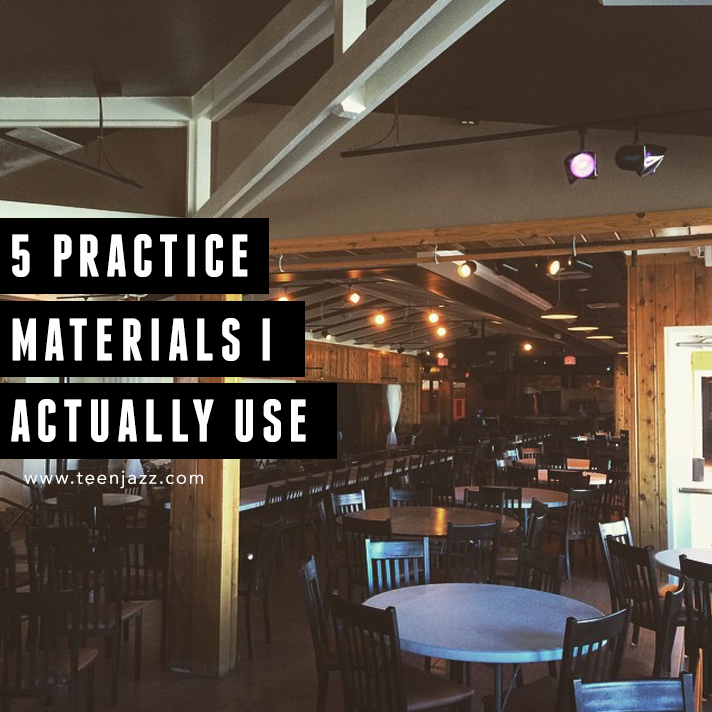A while back I challenged myself to use Project365 to practice for an hour every day for an entire year. Although that’s really technically what we’re already supposed to be doing as musicians, there are times that we take a day or two off from practice.
And as long as that day or two off from practice don’t turn into a week or two, that’s okay.
Sometimes it’s because we’re doing other music related things like writing or dealing with the business aspects of music. Sometimes it’s because we’re feeling a bit under the weather or because we’re feeling unmotivated.
Regardless of what the reason might be, it’s natural to want to take some time off.
Those breaks also help us to digest some of the material we’ve been working on during our practice sessions, renew our energy, and find our motivation to pick up our horns after a short time off.
The breaks also help us step back and take a look at our playing to see where there’s room for improvement so that we can decrease our chances of hitting a plateau.
But there are other ways to avoid plateaus in our playing. I personally feel that one of those ways is by practicing things that inspire, motivate, and push us beyond our comfort zones.
Practicing my instrument – not just playing – but actually working at things that I could improve every single day for an entire year could get pretty trying. Finding the right resources to keep me going day after day wasn’t easy. But once I found them, I stuck with them.
Why?
Because they worked.
If it ain’t broke, don’t fix it.
And since those tools worked for me, I still use them today and that is why I want to share them with you.
Etude books
There’s nothing like a good ole warmup with a couple of etudes. Whether it was sight-reading a couple of classical etudes for oboe, or shredding through a jazz etude based on the whole-tone scale, etudes were my constant companion.
I tried to keep a nice mix of various etudes on hand so that I wouldn’t get bored working through any one style and so I wouldn’t grow too familiar with the etudes I used for sight-reading.
Here are a few of the etude books I’ve used:
+ Greg Fishman
+ Randy Hunter
+ Ferling
Play-alongs and Karaoke tracks
It’s one thing to play along with an original recording. It’s another to need to play the melody convincingly with your own flare. It’s also another for you to be on your own for a solo on five choruses straight. I liked to record myself playing with play-alongs every so often to see how I felt about my “performance”. It was a really great way to measure my growth and where I had room to improve.
Transcription books
When I wanted to read something a little more challenging, I moved to transcription books. I used the Charlie Parker Omnibook primarily, but I had a few others as well. These are really great for picking up more advanced lines and studying harmony.
Lots and lots of recorded music
Relying on transcription books to study great players isn’t enough. You also need to use your eyes and try your hand at transcribing solos from recordings yourself. You may not catch everything, but it’s really great practice for when you’re out in the real world, interacting with other musicians on stage. It’s also great for internalizing new material.
Lessons
Even though it’s been a few years since I’ve graduated, I still like to check in with a teacher or a peer every so often to get honest, unbiased feedback on my playing. It’s also really great for when you need a bit of direction.
In Conclusion
That year that I spent practicing every day was the year that I made the most improvement in my entire career as a musician and it wasn’t because I practiced everyday. It was because I was actively paying attention to my playing and looking for ways to improve the areas where I struggled.
I still practice nearly everyday but even with a few days off here and there I am making just as much progress now with my playing as I did during my Project365 because I am more mindful when I practice and whenever I’m unable to find the answers I need on my own, I do not hesitate to schedule time with a teacher to get them.
So there you have it. The five things that I use regularly to practice. What are some of the practice tools that you like to use the most? I’d love to hear about them in the comments.
[template id=”182″]
